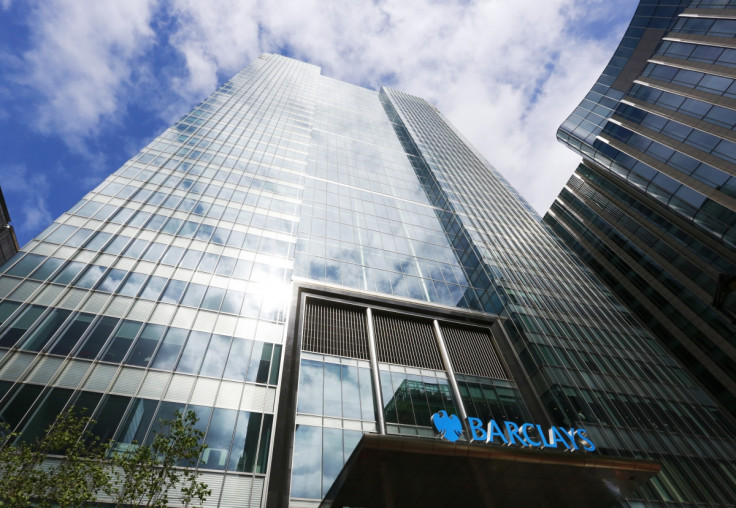Dark pool and HFT trading: Barclays 'not cooperating' with New York regulator over fraud lawsuit

New York's attorney general has claimed that Barclays is not cooperating fully with the regulator after he sued the bank for fraud related to its high frequency trading and dark pools activity.
Eric Schneiderman said that Barclays has defied his subpoenas so, subquently, he would be expanding his lawsuit, which was originally launched on 25 June 2014.
According to a proposed amended complaint, the New York attorney general claimed that Barclays has refused to let two top HFT executives answer questions, despite them being "directly involved in, and oversaw" operations that he thinks are fraudulent.
The two executives to have received subpoenas are electronic trading chief William White and head of product development David Johnsen.
Meanwhile, Barclays tried to shoot down Schneiderman's claims and denied it was being uncooperative, ahead of the 11 February hearing in the New York State Supreme Court in Manhattan, in which Schneiderman will find out whether he can proceed with his lawsuit.
Barclays also tried to quash the subpoenas on 21 January.
Barclays said that the New York attorney general was using the subpoenas as a "fishing expedition" as his original lawsuit was faulty.
It added that the amended complaint was "in no way cured".
The case is Schneiderman v. Barclays Capital Inc et al, New York State Supreme Court, New York County, No. 451391/2014.
Barclays' HFT Controversy
New York Attorney General Eric Schneiderman filed a lawsuit claiming Barclays maximised profits by executing a bulk of transactions through HFT on dark pool trading platforms.
The bank's HFT controversy bears close similarity to practices exposed by Michael Lewis's book Flash Boys: A Wall Street Revolt.
Lewis's book claims that, with the use of expensive fibre optic lines, high frequency traders are able to get ahead of the regular buyer's order, allowing them to profit from knowledge of prices in slower feeds.
In other words, those people with the means at their disposal can essentially rig the markets.
According to Schneiderman, who based his lawsuit around internal communications provided by former Barclays employees, the bank claimed dark pool trading allowed it to "protect" clients from "predatory traders" by using HFT speed to get better prices for customers.
He alleges, however, that Barclays in fact used this practice to court the very traders it claimed to avoid.
Barclays said the lawsuit should be dismissed because "many allegations were taken out of context and Schneiderman misconstrued parts of its marketing material" for its dark pool trading platform.
It added that Schneiderman "does not have the authority to accuse the bank of fraud and deceit under New York's Martin Act", which aims to protect investors when the purchase, sale or exchange of a security is misrepresented.
Barclays, as well as Jenkins and former CEO Bob Diamond, also face a US class action lawsuit against for allegedly lying to customers over its dark pool trading practices.
The lawsuit, filed in New York by Barbara Strougo, names Barclays, Jenkins, Diamond, finance director Tushar Morzaria and ex-finance chief Chris Lucas as defendants.
© Copyright IBTimes 2025. All rights reserved.






















